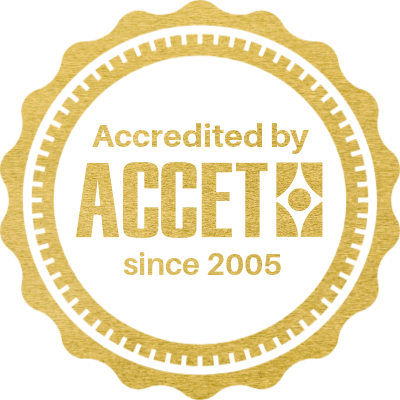Ten qualities every Coder should have
Computer coding, at it’s core, is expression and problem solving. Coding may consist of programming languages and applications, but it’s foundation is ultimately based in these two essential skills. These qualities, however, are not the only ones essential to a successful computer coder and programmer. Here we break down ten qualities that every computer coder should have. Read on to see what they are, and if computer coding and programming is a fit for you!
- Communication and Empathy
Coders don’t work only with computers- they work with and for people and businesses. A successful coder must be able to explain what they do and why they do it, even in laymen’s terms to those unfamiliar with the world of computer coding. What’s more, good coders are able receive and implement the feedback they get from their clients and employers. An effective coder manages expectations, interprets vague desires, and communicates what is and is not possible. Coders willing to patiently give and accept advice and direction are the most successful in the business.
- Self-Reliance
Successful coders learn to master impatience, frustration, distraction and dependence on someone or something else to solve technical problems. When learning to code, coders cannot rely exclusively on outside instruction, but must try and fail on their own. In the long term, self-reliance will lead to the most successful coding careers.
- Strong Memory
Beginning coders can depend on a wealth of information from available manuals, websites, and tools, but experienced coders know the more is committed to long-term memory, the easier the job will be. Short term memory is imperative as well, as coders must learn to retain and recall many pieces of information quickly. Being aware and able to visualize design, data flow, algorithms, data structures, and how they affect each other, separates an excellent coder from the rest.
- Logic
Figuring out a coding problem can be intuitive, but it’s often an exercise in logic as well. Successful coders master conditional thinking- “if this, then that.” In programming, this style of thinking is used to test variables against values, and order action based on what conditions are met. Successful coders are able to use both logic and intuition, conditional thinking and trial and error.
- Language
In order to code, you will have to learn at least one programming or scripting language. There are three languages that stand out for their multi-faceted applications, consistent utility and accessibility to beginners: Python, Ruby and JavaScript. There are some resources for beginners, including the completely free CodeAcademy, which has helped 24 million people begin their coding experience, edX, founded by Harvard and MIT, which offers 60 schools and GitHub, which gives access to 500 free programming books that cover 80 different languages. Experts suggest becoming proficient in one language at a time, rather than trying to learn very little of a few at once.
- Understanding of how computers “think”
Coders know that assuming common sense on behalf of a computer while programming or coding is a grave mistake. A computer’s strength is in their processing power, not in an ability for independent or creative thought. So coders know they must input exactly what they expect to be output- no more, no less. The program can’t make adjustments or improvements that it’s not told to do first.
- Abstract Thinking
Abstract thinking is thinking done without the object of the thought present, or even physical; it’s a foundation of coding. Because the written code, and what it produces, can never be observed and measured physically, successful coders have to develop an ability to think abstractly. Abstract thinking is also the ability to think about a subject, object or project on many levels at once. Being able to balance different symbols, commands, and processes that are in place and running automatically, versus those that need to be more directly overseen or renovated, is a vital part of coding.
- Attention to Detail
There are different ways to measure a coder’s aptitude, but one of the most important is by observing the effort the coder makes, on their own, to master their skills. What hasn’t been mastered, however, may be mitigated by a coder’s ability to pay close attention to details. “Details matter,” Steve Jobs said, and coders know this to be true. By paying attention to detail and staying organized, coders will find their greatest success.
- Understanding and Mastery of the Scientific Method
In programming, coders spend much of their time developing solutions to problems that have never been solved before, at least not in the same exact way. The coder doesn’t necessarily have the information needed to solve the problem, they’ll need to use trial and error. In this way, coding is experimental research, and the most successful coders know how to use the scientific method to achieve results.
- Patience
Coding is hard, and even experienced coders get very frustrated at times. As a beginner, there will be many times when you may feel overwhelmed, frustrated, or confused. But frustration can be a tool to cultivate patience, and the best coders know patience is imperative. Practice your patience; the longer you can do one thing, despite the temptation to quit, or go do another, the better your ability to overcome the frustration of coding will be.
If it sounds like you are the kind of person that would enjoy and excel at computer coding and programming, then it is a career you should seriously consider! Computer coders and programmers enjoy flexible work schedules, allowing them to spend time on hobbies, side jobs, and family. Coders also have the ability to work from anywhere, and receive high rates of pay. If computer coding and programming appeals to you, you should check out Asher College. An official Microsoft Imagine Academy, a CompTIA Academy partner, a Cisco training provider, a Pearson Vue testing center, and accredited through ACCET, Asher is a great choice for launching your computer coding and programming career!









